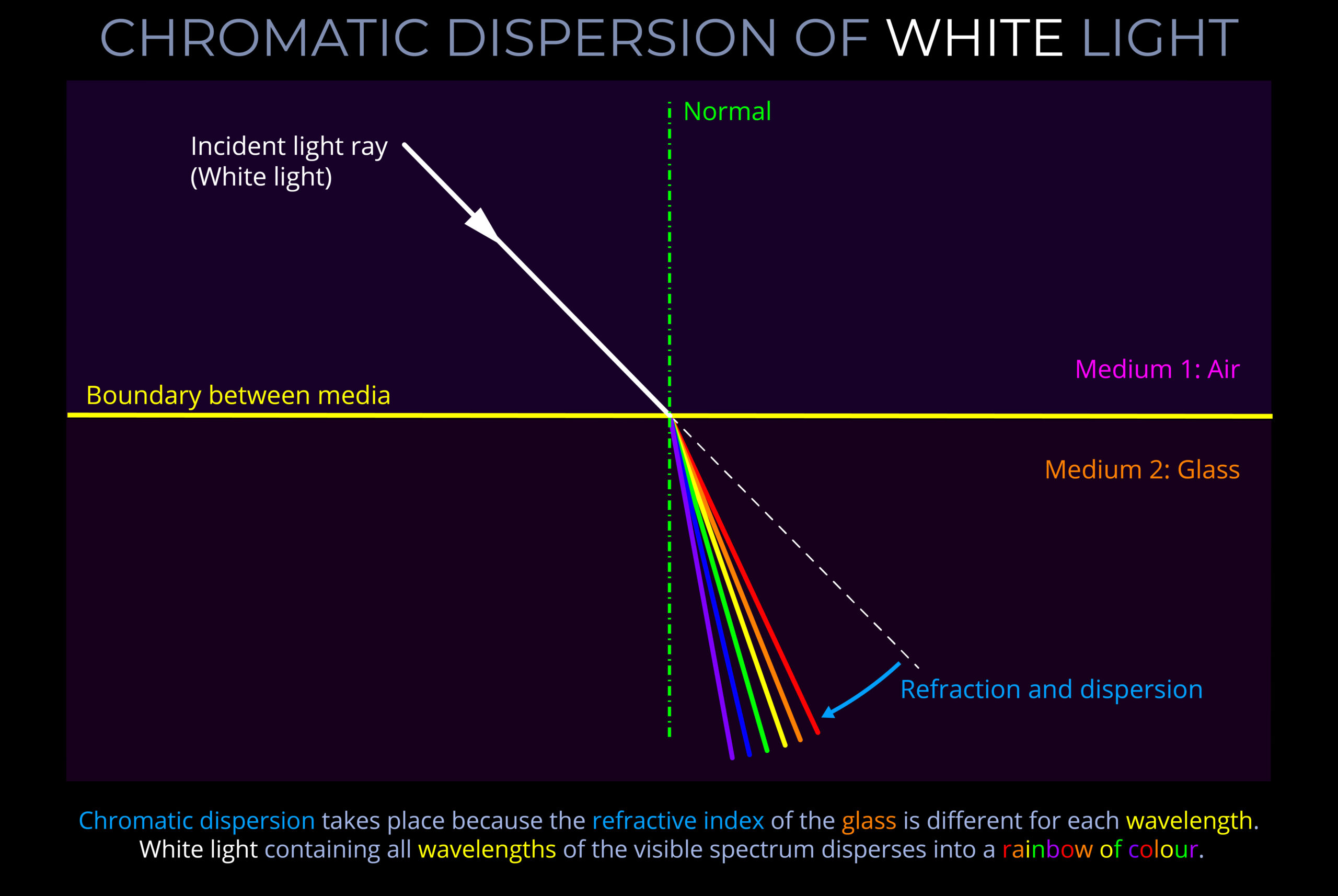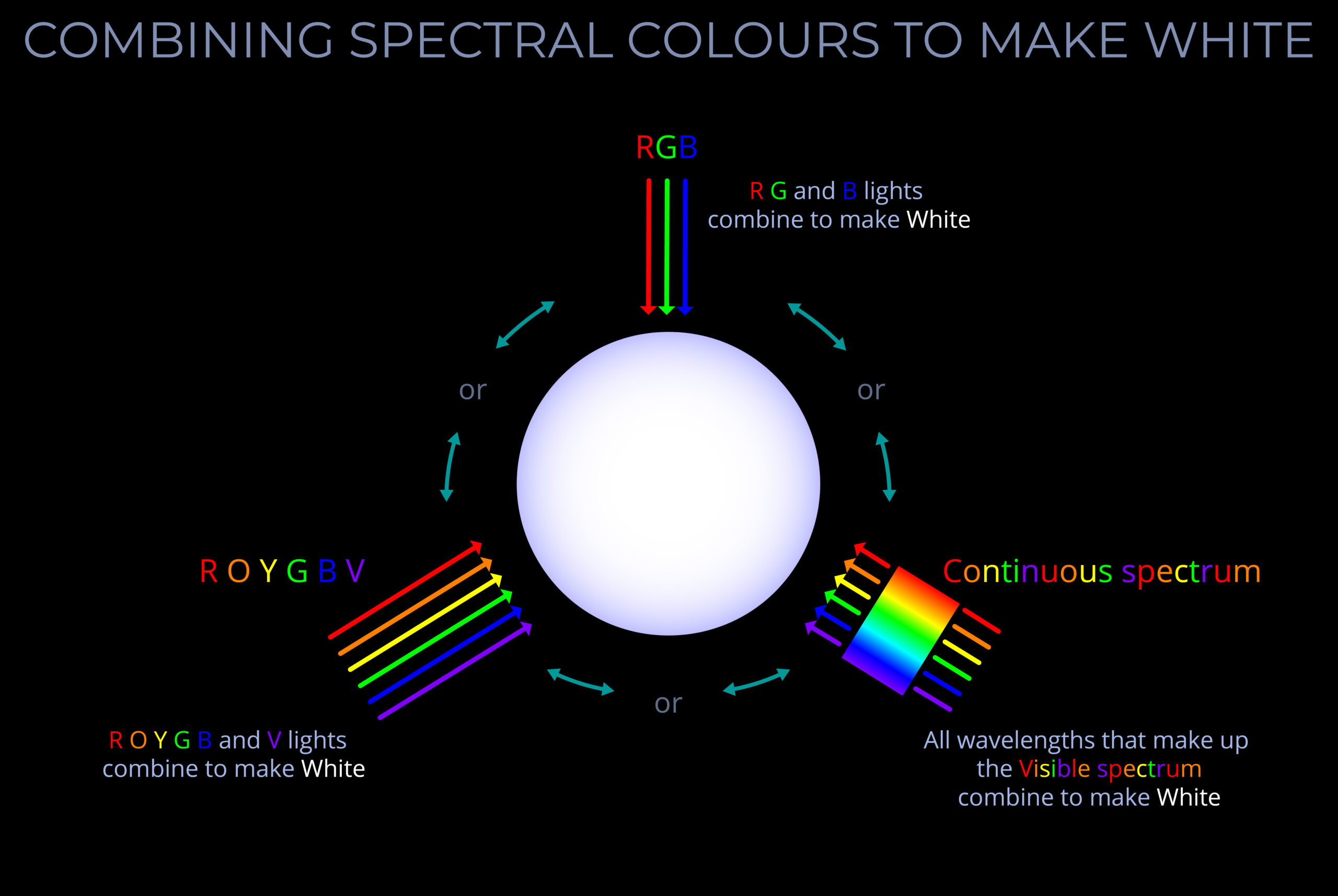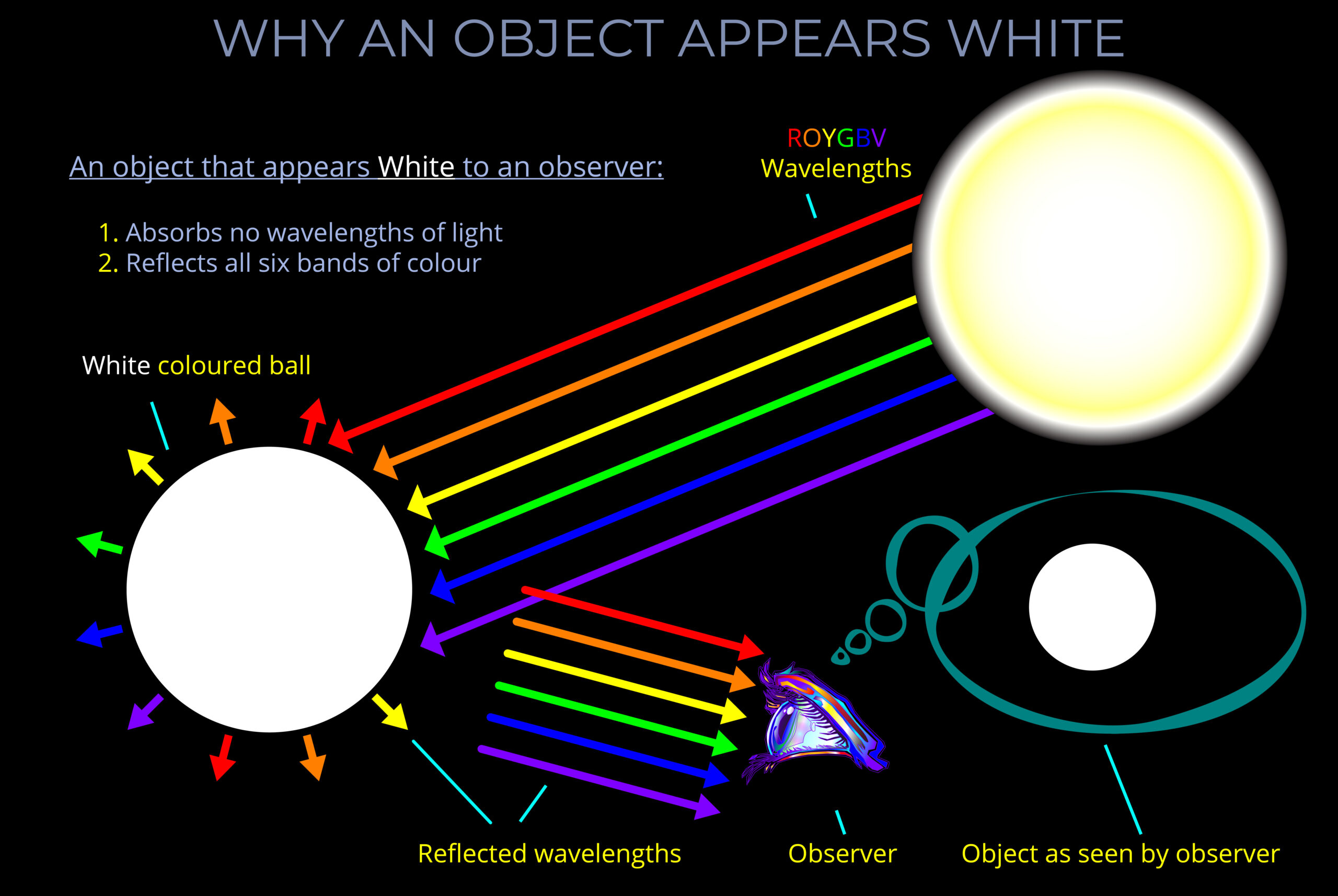- All electromagnetic waves have common characteristics like crests, troughs, vibrations, wavelength, frequency, amplitude, and propagation direction.
- As a wave vibrates, a wave cycle can be seen as a sequence of individual vibrations, measured from one peak to the next, one trough to the next, or from the start of one wave cycle to the start of the next.
- While a wave cycle refers to the path from one point on a wave during a single oscillation to the same point on completion of that oscillation, wavelength is a measurement of the same phenomenon but in a straight line along the axis of the wave.
- Wavelength refers specifically to the horizontal distance between equivalent points in a single wave cycle, such as the distance between two consecutive crests or troughs.
- In contrast, a wave cycle encompasses the entire up-and-down movement of the wave, including the horizontal distance (wavelength) and the vertical displacement.
- A wave cycle is the complete up-and-down motion of a wave, from one crest (peak) to the next crest, or from one trough (dip) to the next trough. Visualize a wave cycle as a series of points plotted along the path of a wave from one crest to the subsequent crest.
- All electromagnetic waves have common characteristics like crests, troughs, vibrations, wavelength, frequency, amplitude, and propagation direction.
- As a wave vibrates, a wave cycle can be seen as a sequence of individual vibrations, measured from one peak to the next, one trough to the next, or from the start of one wave cycle to the start of the next.
- While a wave cycle refers to the path from one point on a wave during a single oscillation to the same point on completion of that oscillation, wavelength is a measurement of the same phenomenon but in a straight line along the axis of the wave.


